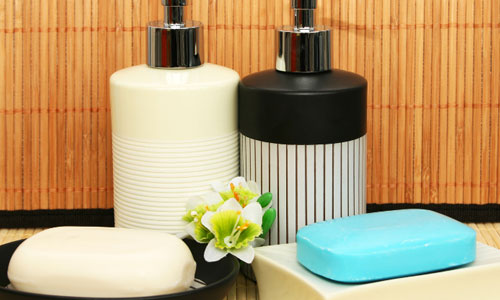Do Antibacterial Soaps Perform as They are Advertised?

If you are smitten by antibacterial soaps and really think that by using them, you are staying cleaner and are protecting your family from harmful bacteria, think again. Recently FDA made an announcement to the manufacturers of antibacterial soaps: Unless they prove that their antibacterial soaps are more efficient than ordinary soaps, they will have to take their products off the shelves. These antibacterial soaps use a chemical called triclosan which does not have regulatory approval to be used in home products, which the FDA has only recently discovered. According to a study of more than 40 years which started in 1972, FDA has found that antibacterial soaps really are no better when compared to ordinary soaps, and hence the announcement. Listed below are 5 reasons why antibacterial soaps are no better than ordinary soaps.
1. There is no evidence
Manufacturers have been advertising their products as being “clinically proven” to be effective for decades now but their test results are based on slightly biased experimental settings. They have successfully proven that triclosan kills slightly more bacteria than ordinary soap, but they are yet to prove that this translates into any actual clinical benefit like being less likely to catch infections or prevention of seasonal viruses that cause flu or the common cold.
2. They create antibiotic-resistant bacteria
According to FDA’s almost half a century research, triclosan causes more harm than good. Triclosan results in creating bacteria which are resistant to antibiotics. If a particular strain of bacteria develops this resistance, they can reproduce and proliferate to alarming quantities causing global health threat. Also, continued use of antibacterial soaps will then kill all the other bacteria on the surface of the skin, including essential and friendly bacteria, leaving the resistant bacteria to dominate – which is all the more a reason to worry.
3. They disrupt the endocrine system
According to experiments and studies done on the effects of long term exposure of triclosan on animals like frogs and rats, it disrupts the endocrine system and severely affects the regulation of thyroid hormone in the body. In human beings, this would lead to several problems like infertility, obesity, artificial early puberty and even cancer.





